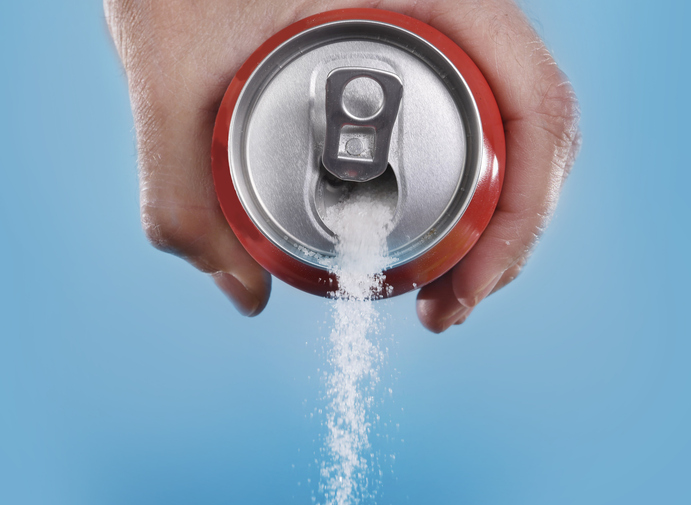
There exists a correlation between household food insecurity (HFI) and type 2 diabetes (T2D), according to researchers from UConn School of Medicine, UConn School of Dental Medicine, Yale School of Public Health, Quinnipiac University, Hartford Hospital, and the Hispanic Health Council, who published their findings in The Journal of Nutrition.
The researchers of the study noted that food insecurity may augment inflammation in the body and can be the result of diet-related obesity as well as excess body fat. Also, food insecurity adds stress to the body and is often accompanied by mental distress, which triggers the release of cortisol and other stress hormones. These hormones can lead to the to the development of insulin resistance (IR)
In this study, researchers queried 121 low-income Latinos (85% Puerto Rican, mean age, 61, 74% female, 68% classified as food insecure) with type 2 diabetes using a six-item US Household Food Security Survey. IR, fasting blood glucose, insulin levels, stress hormones, and inflammation indicators were all measured and assessed.
Food insecurity ‘Is Prevalent’
According to the results of the study, when juxtaposed with food-secure individuals, food-secure individuals possessed a notably higher IR, insulin, glucose, stress hormones, inflammation, and total cholesterol. Moreover, inflammation and stress hormones were the mechanisms by which food insecurity and insulin were correlated. “Our findings support the plausibility of links between food insecurity and poor health,” says Dr. Angela Bermúdez-Millán, assistant professor in the Department of Community Medicine and Health Care at UConn School of Medicine in a press release.
“Resources should be redirected toward ending or decreasing food insecurity, a powerful social determinant of health,” Dr. Bermúdez-Millán continued. She added that “Food insecurity is prevalent, widespread, and detrimental to health. Health care facilities can also help address the issue by screening for food insecurity and connecting patients to available resources and interventions.”
Food insecurity leading to type 2 diabetes https://t.co/xxT7t1Yatf
— Bioengineer.org (@bioengineerorg) June 26, 2019
Moreover, Dr. Bermúdez-Millán is urging legislators to craft policies to mitigate food insecurity. She recommends modifying disbursement of supplemental nutrition assistance program (SNAP) benefits to possibly yield downstream benefits for diabetes control and amplified access to minimally processed foods and more fruits, vegetables, and whole grains – in both local grocery stores and in community or home gardening venues.
Food insecurity leading to type 2 diabetes https://t.co/8oBpvgfcf3 via @medical_xpress
— J.Robinson (@KidneyMentor) June 27, 2019







 © 2025 Mashup Media, LLC, a Formedics Property. All Rights Reserved.
© 2025 Mashup Media, LLC, a Formedics Property. All Rights Reserved.